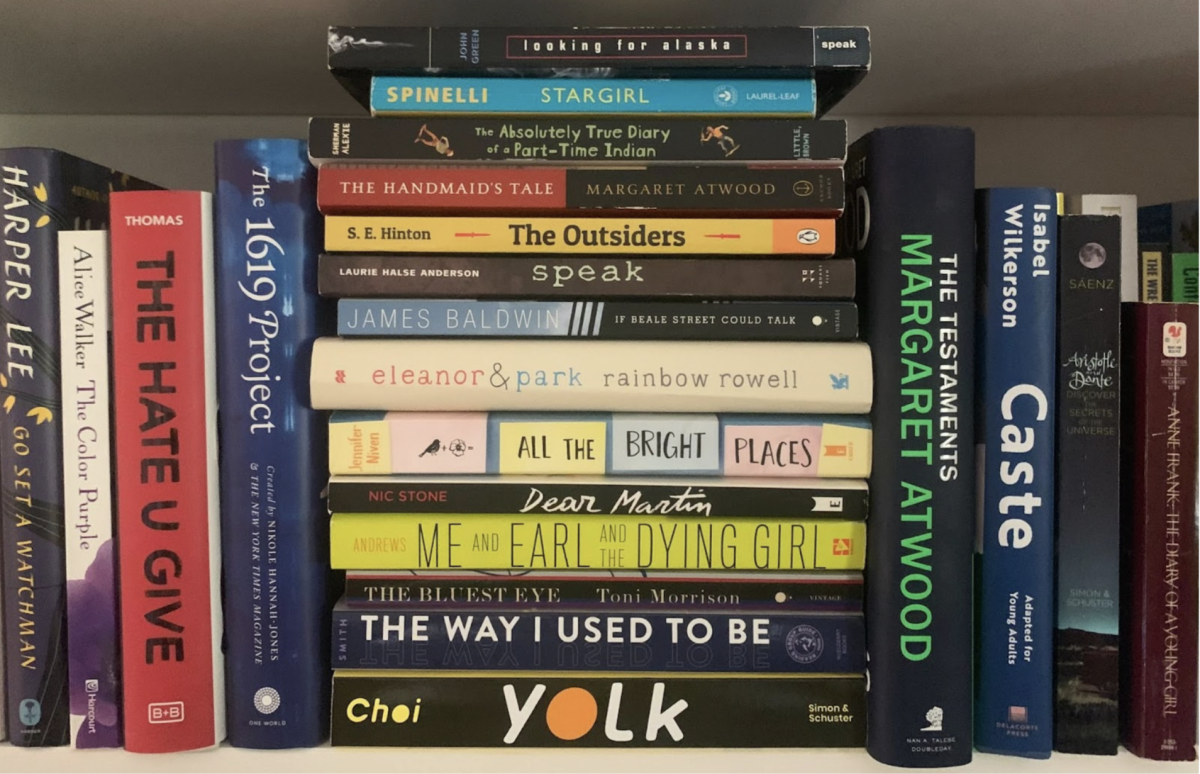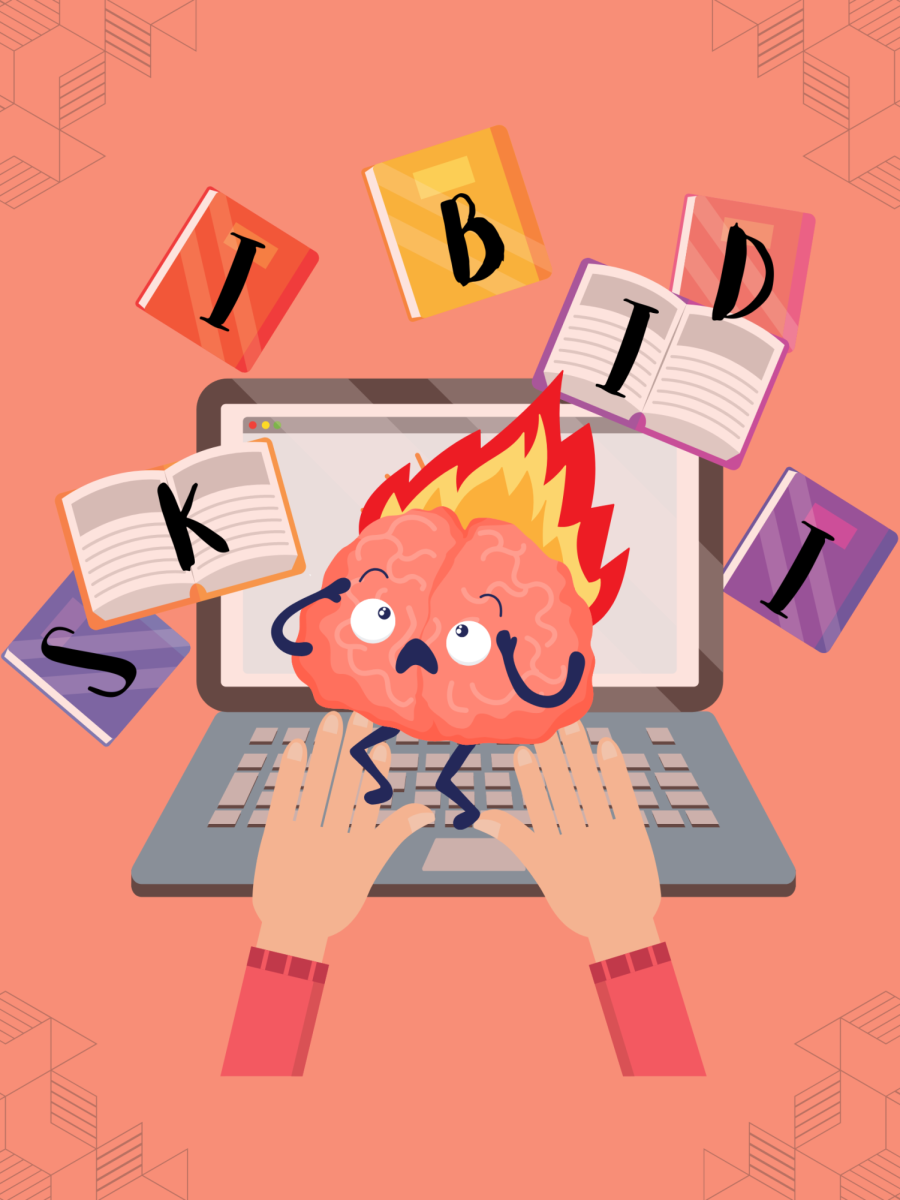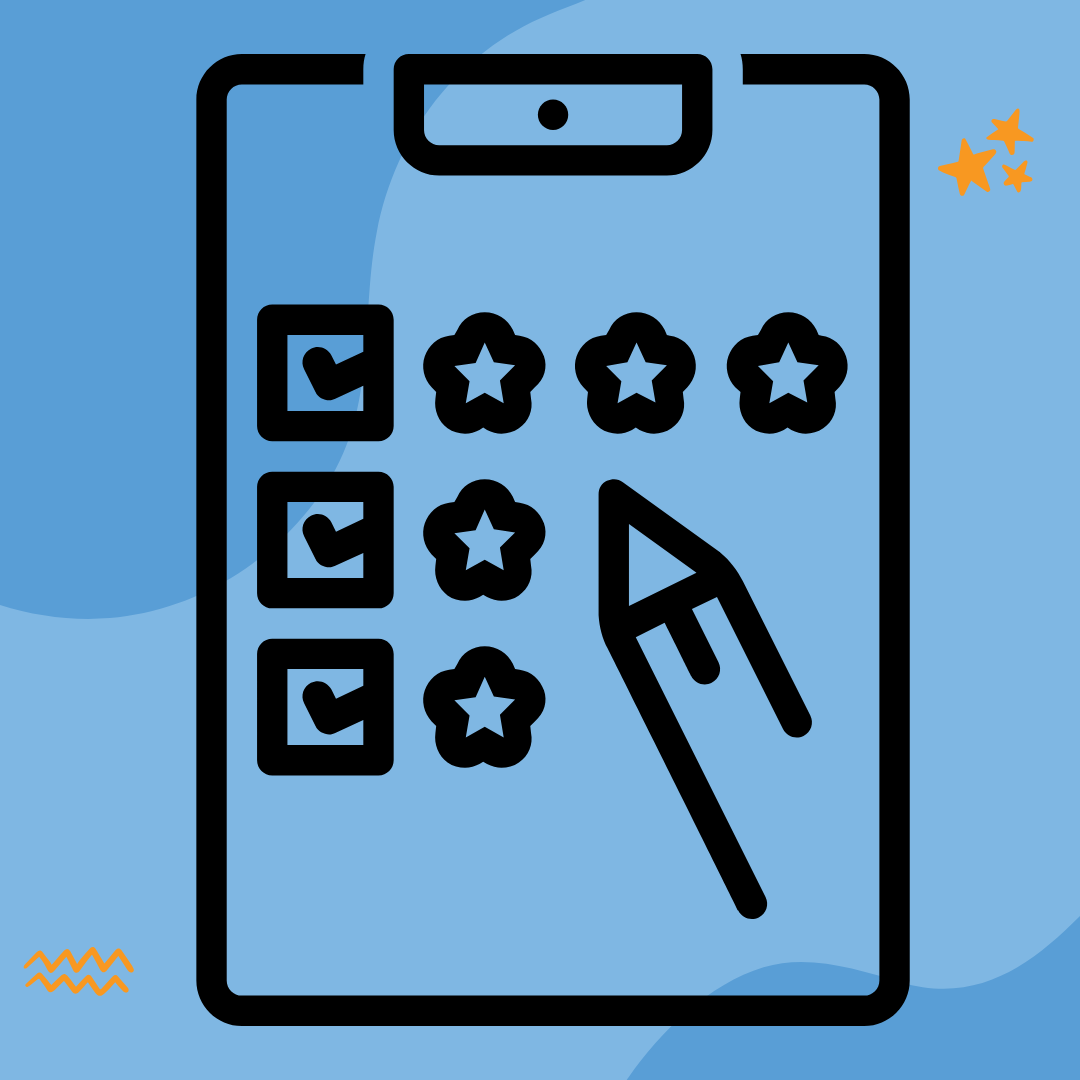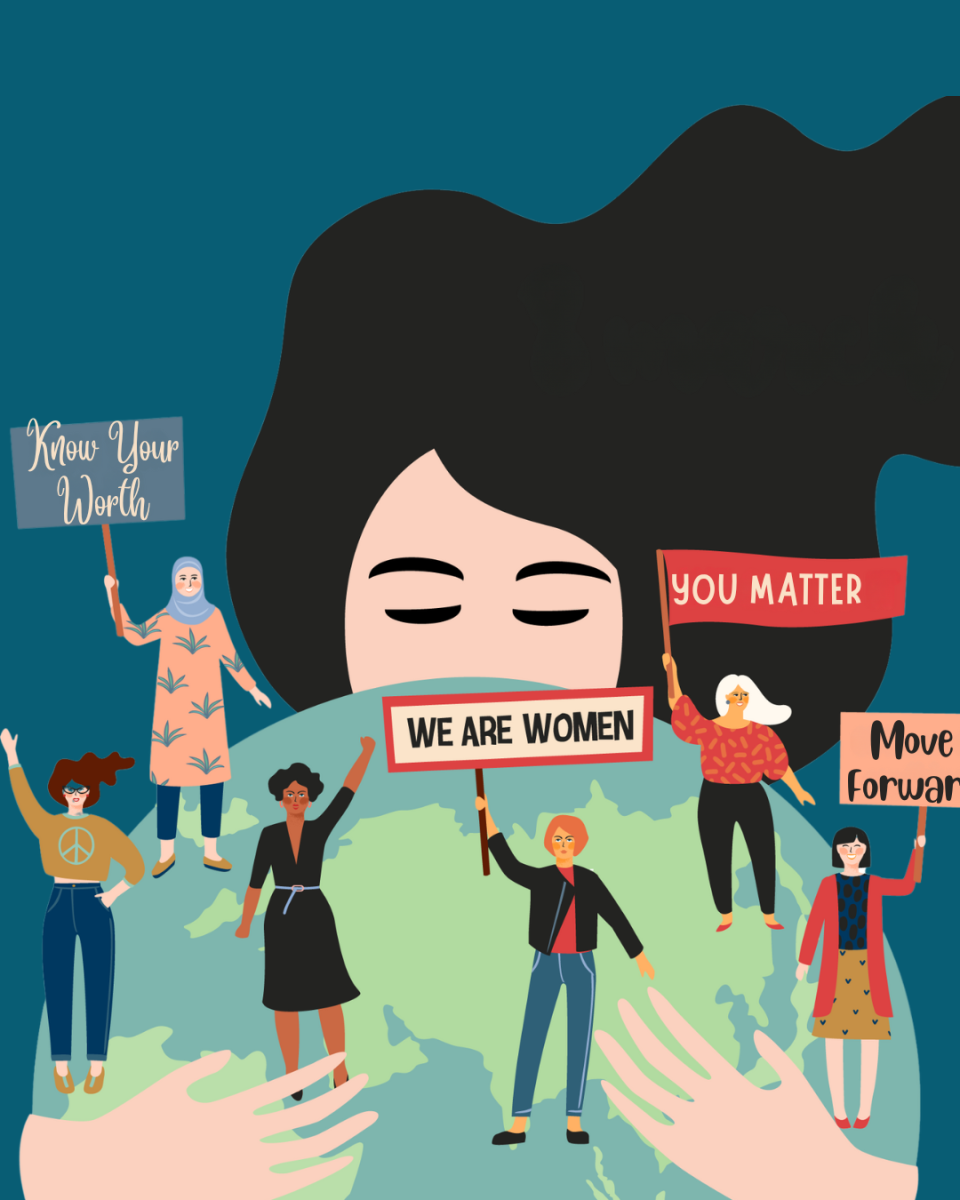It is Banned Books Week from October 5 to 11. This week and what it stands for is vital to all students, because around the nation, books are being banned in schools. According to the American Library Association, about 821 attempts were made to censor library material in 2024, challenging about 2,452 titles. These books were challenged for numerous reasons, including mature content, offensive language, or being unsuited to any age group.
However, children’s reading choices should not be dictated by anyone other than themselves and their own families.
Every child has different experiences and situations. Reading can change lives and save lives. Children often read to see themselves in the characters on the page, but this is not possible when the books that they can relate to are being withheld from them. According to a survey conducted by First Book, 90% of educators in low income communities claimed that their students would be more eager to read if they had access to books that reflected themselves and their lives. The truth is, there are numerous books out there for people of all ages, backgrounds and situations, but they are often gatekept from students due to other parents or school district administration deeming them ‘inappropriate’ for children. However, by taking away a book from an entire school, certain children are losing their right to feel seen through reading books that they can relate to. When we censor topics in books, we are censoring aspects of children’s lives, but these children need to be seen and heard, especially in the books that they read.
Additionally, different families and individuals have different values. While one family may find a subject inappropriate, another might believe it is an important subject to learn about. When a school board bans a book and withdraws its availability from an entire school of students, those who believe in the importance of that book’s message are left in the dust. The American Library Association has identified that 72% of demands to censor books in 2024 were initiated by pressure groups, elected officials, board members and administrators. However, the ideas of a school board are limited and may not reflect those of countless diverse families within the school district. Therefore, families should choose what their children read, not be told by a higher power what they can’t read.
Lastly, children should be raised to be aware of others’ situations and backgrounds so that they will gain empathy early on. Books play a huge role in this. By reading a book, a child can learn about what life may be like for different groups of people or those in situations different from theirs. A study done by Scholastic shows that 25% of kids want to read books that help them understand other people’s lives. By reading these books, the children strengthen their empathy as they better their understanding of what others may go through that they have not. They will have a better understanding of their peers and are more likely to show empathy rather than cruelty. For example, the book, The Outsiders by S.E. Hinton revolves around gang violence between groups of teenagers. While this subject can be seen as extreme and mature, it is an important perspective on a life that other teenagers may not know. Real teenagers deal with these things and it is important for the world to read and understand what others around them may be dealing with. By stopping children from reading about certain subjects, whether they are seen as ‘appropriate’ by school board members or not, the future of our world will be less accepting and much more judgemental and closed off from the world around them. This isn’t something we should strive for, it’s something we should fight against.
To fight against book bans and censorship, we can all take a stand and confront this dilemma that exists nearly everywhere in the world. Banned Book Week is a great time to unite with others and fight for the freedom to read. Simply speaking up against this issue can make a world of difference. Additionally, you can educate yourself on specific banned books and the reasons behind their banning. If you come across a banned book that may be right for you, read it! Reading banned books is a great way to support the movement against censorship.
The decision on what a child reads should be between them and their family, not made by a higher power. It’s time to end book bans and unnecessary censorship, and it starts with you.








